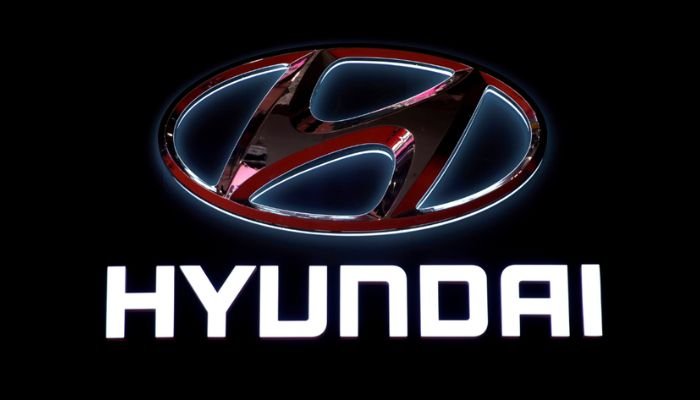
Hyundai Motor India is about to make history with the largest Initial Public Offering (IPO) ever seen in India. The Hyundai IPO, valued at ₹27,870 crore, will be available for bidding from October 15 to October 17, 2024. Once launched, it will be listed on both the Bombay Stock Exchange (BSE) and the National Stock Exchange (NSE). The Hyundai IPO price range is set between ₹1,865 and ₹1,960 per equity share. Currently, the Grey Market Premium (GMP) is ₹75, suggesting an estimated listing price of ₹2,035 per share—a potential 3.83% gain on the listing date.
Key Details of the Hyundai IPO
This IPO is structured as a complete Offer for Sale (OFS), where 142,194,700 shares will be offered. Following the IPO, Hyundai Motor Company’s stake in Hyundai Motor India will reduce from 100% to 82.50%.
Here are some essential points to know:
- Hyundai IPO release date: Bidding opens on October 15 and closes on October 17.
- Minimum investment: Retail investors can bid for a minimum of 7 shares, which equates to an investment of ₹13,720.
- Maximum investment: Retail investors can invest up to ₹192,080, while High-Net-Worth Individuals (HNIs) can bid for a minimum of 105 shares, with the potential to invest over ₹1 million.
In preparation for this IPO, Hyundai raised ₹8,315.28 crore from anchor investors through the allotment of 42,424,890 shares. These shares are subject to lock-in periods, with 50% locked until November 17, 2024, and the remaining until January 16, 2025.
IPO Allocation
The Hyundai IPO is divided among different investor categories:
- Qualified Institutional Buyers (QIBs): Up to 50% reserved.
- Retail Individual Investors (RIIs): At least 35% reserved.
- Non-Institutional Investors (NIIs): 15% reserved.
Key dates to remember:
- Allotment date: October 18, 2024
- Refunds and share credits: October 21, 2024
- Hyundai IPO listing date: Expected on October 22, 2024
Things to Consider Before Investing
Hyundai Motor India is a strong player in the Indian automobile market but faces fierce competition from Tata Motors, Maruti Suzuki, and Mahindra & Mahindra. Hyundai also competes with Kia Motors and MG Motors, making the landscape even more challenging.
However, Hyundai Motor India relies heavily on its parent company, Hyundai Motor Company (HMC), for essential components, parts, and research and development. This dependency could pose risks if the relationship encounters any issues. Hyundai also pays a 3.5% royalty on revenue to HMC. If this rate increases beyond the SEBI-regulated 5% cap, it could impact Hyundai’s profitability and Earnings Per Share (EPS).
Another factor to watch is the supply chain. Hyundai depends on a select number of suppliers for crucial parts, so any disruptions could affect production. Rising raw material costs, especially steel, might further strain Hyundai’s operating costs and profit margins.
Hyundai’s Growth Plans
Hyundai is not only looking at current growth but also planning for the future. By 2028, the company aims to increase its production capacity to 1.07 million units annually. The company is also investing heavily in the electric vehicle (EV) market. Hyundai will soon launch the Creta EV in FY25, adding to its lineup that already includes the premium Ioniq EV model.
With a 15% market share in India and impressive EBITDA margins of 13.8% in Q1 FY25, Hyundai is well-positioned to capitalize on growth opportunities in both the internal combustion engine (ICE) and EV markets. The Hyundai IPO, at the upper end of its price band, reflects a Price-to-Earnings (PE) ratio of 26.3x FY24 earnings, making it more attractively priced compared to Maruti Suzuki’s 30.8x.
Should You Invest?
The listing price of Hyundai IPO will be influenced by overall market conditions. The automotive industry is currently experiencing inventory buildups and a slowdown in demand, which could affect Hyundai’s stock valuation in the short term. However, Hyundai’s strong market position and long-term growth plans make it a compelling option for investors with a long-term perspective.
Investing in Hyundai IPO offers an opportunity to gain exposure to a leading automobile brand in India, one that is actively expanding into the EV space and positioned for future growth.




